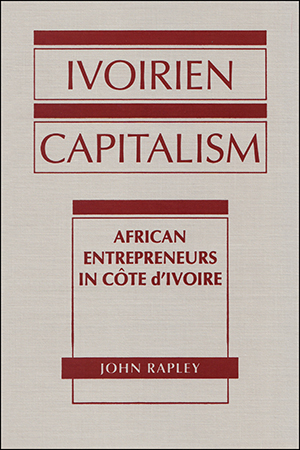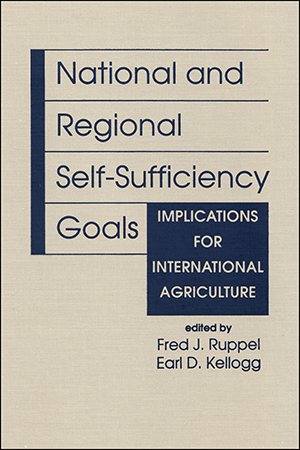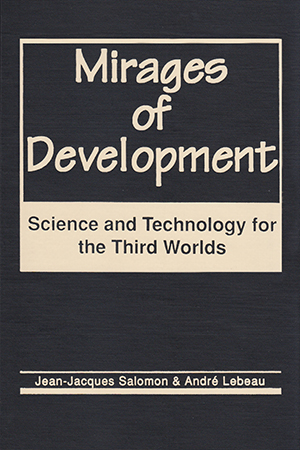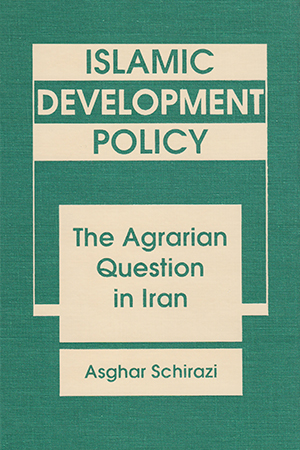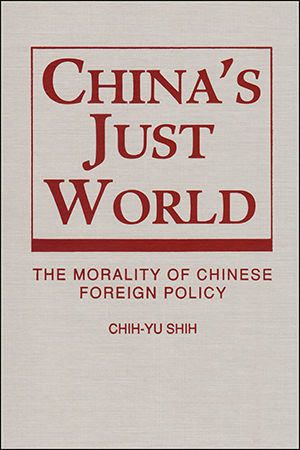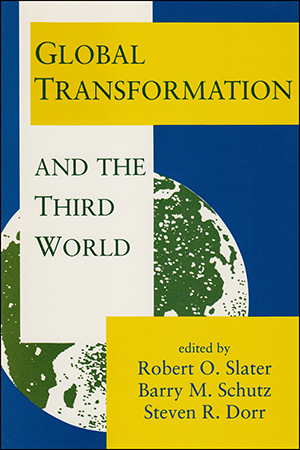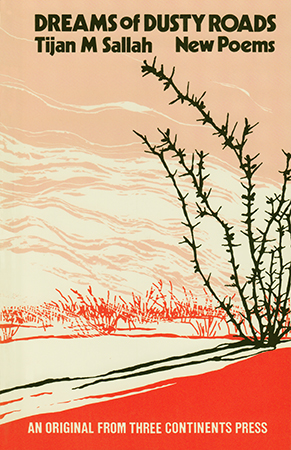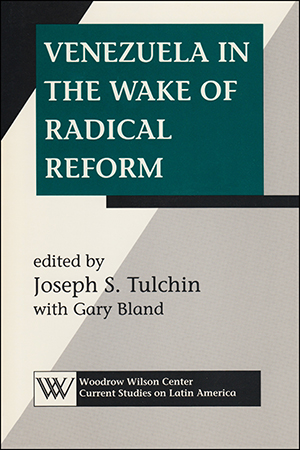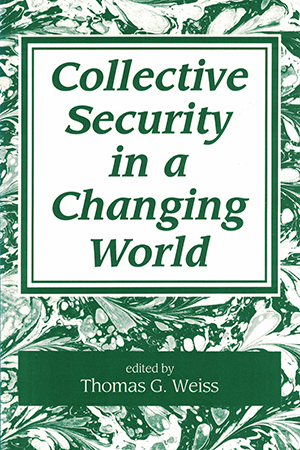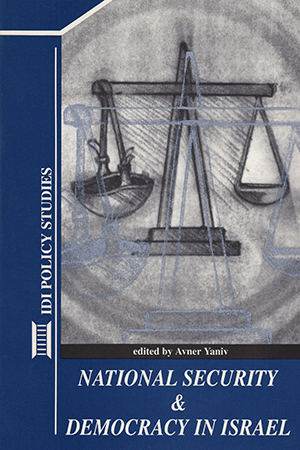BOOKS
Though studies of capitalism in Africa traditionally focus on the activities of foreign investment, in Cote d'Ivoire capitalist development has been largely the work of a domestic class More >
The drive for agricultural and food self-sufficiency in countries throughout the world has become an important topic in international political discussions. This book uses a basic economic More >
This lively book looks at the issues of development in terms that attack both the earlier idealism and the current mood of cynicism about the Third World. Salomon and Lebeau consider why More >
Schirazi uses agricultural policy to demonstrate the complications and consequences resulting from the Islamization of development policy in Iran. Refuting claims by Iran's religious More >
Looking at China's foreign policy, this book focuses on the Confucian-based need of Chinese leaders to present themselves as the supreme moral rectifiers of the world order. Shih More >
Much has been written already about the changed international system of the 1990s, projecting the configuration of a restructured Europe, the future role of the former Soviet republics and More >
One of the most important literary voices to emerge from The Gambia for several decades, Sallah writes nostalgically about his African roots. This, his third collection, includes elegant, More >
Venezuela, Latin America's second-oldest democracy, today faces its greatest challenge. Recovering from the attempted military coup of February 1992 and seeking resolution of a severe More >
This volume analyzes institutional mechanisms in the United Nations and in regional organizations that exist to deal with threats to the peace, and also examines what the U.S. response More >
The Arab-Israeli conflict in general and the Palestinian intifada in particular have given rise to a wave of critical reappraisals of the Israeli experience—reappraisals that More >



